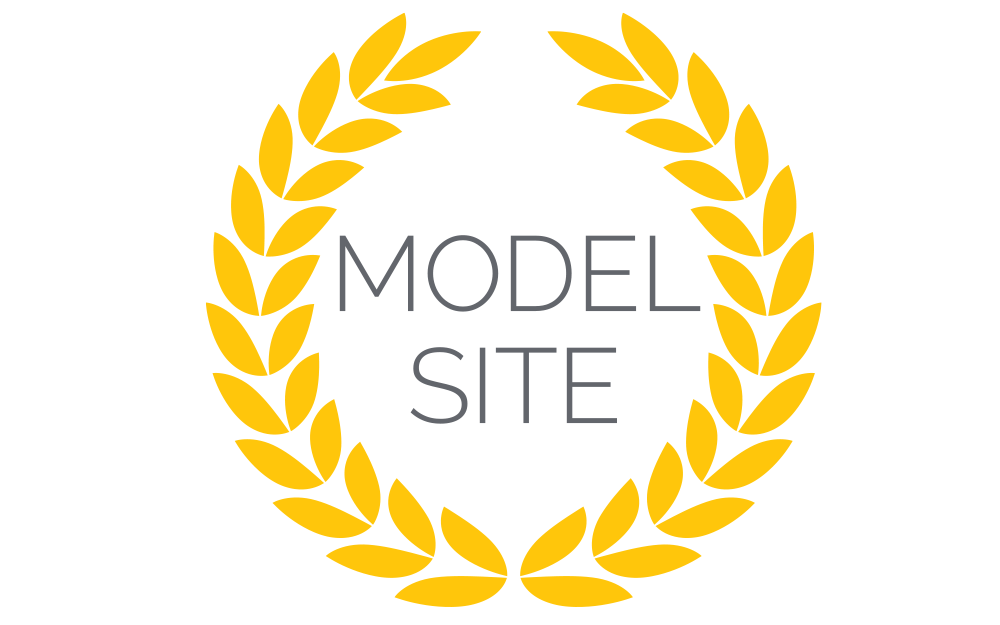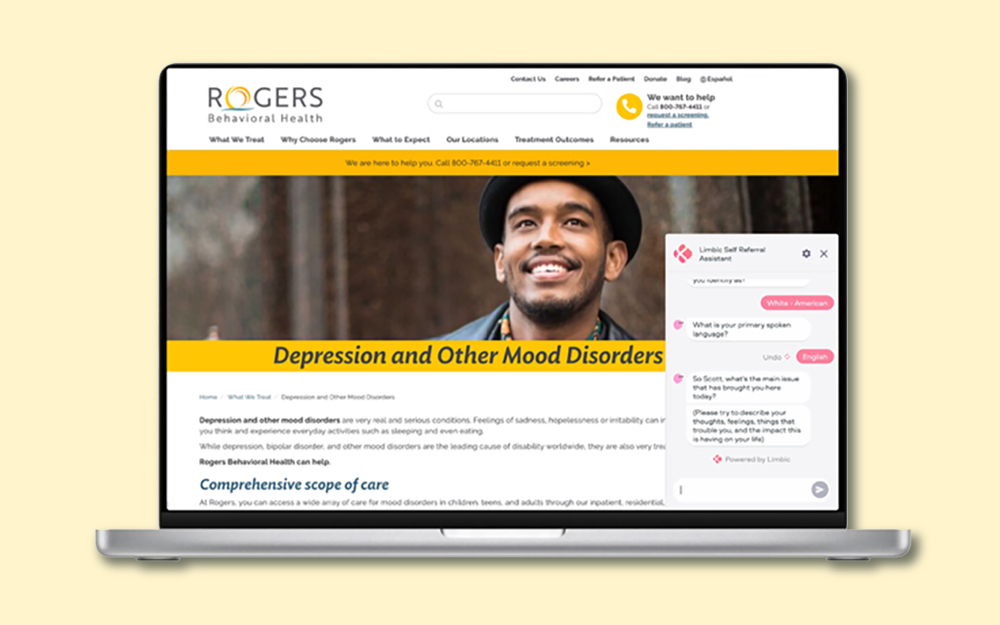
West Allis selected to be the Rogers Operating System Model Site
06/14/21 11:00:am
The three-year journey that started in May will consist of several phases that will ultimately position West Allis as the identified site to demonstrate “what good looks like.” Rogers employees from across the System, as well as external members from the continuous improvement community, can visit West Allis to:
- See ROS successfully applied in a real-world behavioral health treatment setting
- Learn how ROS works
- Pull for solutions
- Experiment with new systems solutions
“This is a great honor for us that acknowledges and celebrates the significant organizational culture, operational, and process improvements we have made together in West Allis,” says Barbara Brockmeier, vice president of operations, West Allis.
“Rogers is one of the largest behavioral healthcare providers in the nation and is still growing. It is essential to our mission and to those we serve that we have a replicable model for effectively and efficiently providing treatment with predictable, reliable results for successful treatment outcomes across all our locations nationwide.”
“A model site is an indication that we continue to use the Rogers Operating System to drive operational excellence and, in turn, high-quality care to our patients,” adds Brian Kay, PhD, vice president, Continuous Improvement. “It is an acknowledgment that the principles of ROS are alive and well in West Allis.”
Throughout the initiative, all West Allis employees will receive training and resources to develop in areas including managing for daily improvement (MDI), value streams, culture, leadership, and transformation plan of care (TPOC).
The first year consists of three phases led by Elizabeth Erickson, director of clinical services, West Allis; Cassie Hoehnen, operations manager, Lincoln Outpatient Center; and Sylvia Winzensten, manager of residential operations, respectively. Barbara will oversee the entire project, and Raven Niles, an advanced practice nurse practitioner, will provide support.
- Phase 1: The team will assess West Allis’ current state, re-educate staff on ROS and MDI, and build momentum on the model site project initiative.
- Phase 2: ROS processes will be implemented at the West Allis campus and utilized for improvement initiatives.
- Phase 3: Progress from the first two phases will be evaluated and maintained, and the team will develop higher-level strategic pursuits.
“Getting selected by our system to be the model site is a testament to the development and commitment of our staff and leaders,” Elizabeth says. “I am humbled by how willing our team is to adapt to change, especially in a year that has been incredibly trying for us all and our community. I’m looking forward to continuing on our path together as the model for stronger together.”
What is the Rogers Operating System (ROS)?
Simply put, it’s the way Rogers operates. It’s how we:
- Interact with each other
- Make decisions and improvements
- Think about and solve problems
- Remove redundancies and waste in our workflows
All this is achieved while operating in a culture fueled by compassion resilience and led by skilled, emotionally intelligent leaders.
When done well, ROS empowers every employee, creates a team of problem-solvers, and most importantly gives back time to provide life-saving treatment to the patients we serve.
As the project evolves over the first year, the team will continually evaluate and use new insights to strategically develop plans for the second- and third-years’ objectives. As Barbara says, “This is not a sprint to the finish line.” Although the initiative is taking place in West Allis, employees at all Rogers’ locations nationwide will benefit from the model site, according to Barbara.
“The development of a model site will provide us the training and resources that will allow us to demonstrate how the Rogers Operating System can be utilized to successfully solve problems and build efficiencies in our work,” Barbara says. “Our teams will be empowered to make the changes needed to boost the effectiveness of our mental health and addiction treatment services.”
The idea behind the ROS, says Sam Klinger, director, Continuous Improvement, is for employees, who have first-hand knowledge of their daily responsibilities and tasks, to be the experts on what needs to change in their work.
“The Rogers Operating System philosophy is connected to leadership behaviors and systemic tools that build an army of problem-solvers,” she says. “Direct care providers’ role is to feel empowered to make changes in their day-to-day work and leadership’s role is to help remove barriers, guide those changes, and build a healthy culture. Our ultimate goal is helping all, whether employees, patients, families, or communities, reach their full potential.”





